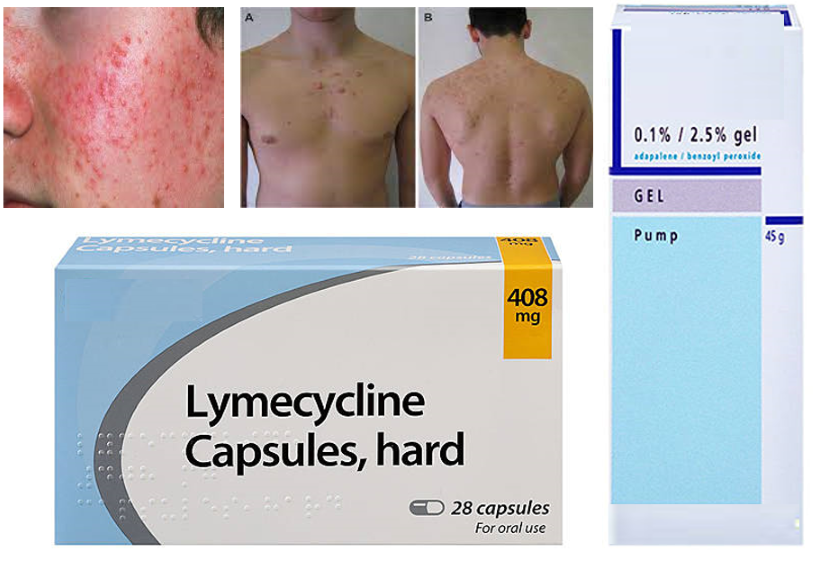Acne
Acne is a common skin condition that affects most people at some point. It causes spots, oily skin and sometimes skin that's hot or painful to touch.
Symptoms of acne
According to the NHS UK website NHS UK Acne Acne most commonly develops on the:- face – this affects almost everyone with acne
- back – this affects more than half of people with acne
- chest – this affects about 15% of people with acne
There are 6 main types of spot caused by acne:
- Blackheads – small black or yellowish bumps that develop on the skin; they're not filled with dirt, but are black because the inner lining of the hair follicle produces colour
- Whiteheads – have a similar appearance to blackheads, but may be firmer and will not empty when squeezed
- Papules – small red bumps that may feel tender or sore
- Pustules – similar to papules, but have a white tip in the centre, caused by a build-up of pus
- Nodules – large hard lumps that build up beneath the surface of the skin and can be painful
- Cysts – the most severe type of spot caused by acne; they're large pus-filled lumps that look similar to boils and carry the greatest risk of causing permanent scarring.
Things patients can try if they have acne
- Do not wash affected areas of skin more than twice a day. Frequent washing can irritate the skin and make symptoms worse.
- Wash the affected area with a mild soap or cleanser and lukewarm water. Very hot or cold water can make acne worse.
- Do not try to "clean out" blackheads or squeeze spots. This can make them worse and cause permanent scarring.
- Avoid make-up, skincare and suncare products that are oil-based (sometimes labelled “comedogenic”). Use water-based non-comedogenic products, as they’re less likely to block the pores in their skin.
- Completely remove make-up before going to bed.
- If dry skin is a problem, use a fragrance-free water-based emolient.
- Regular exercise cannot improve acne, but it can boost mood and improve self-esteem.
- Shower as soon as possible once finishing exercising as sweat can irritate acne.
- Wash hair regularly and try to avoid letting hair fall across the face.

